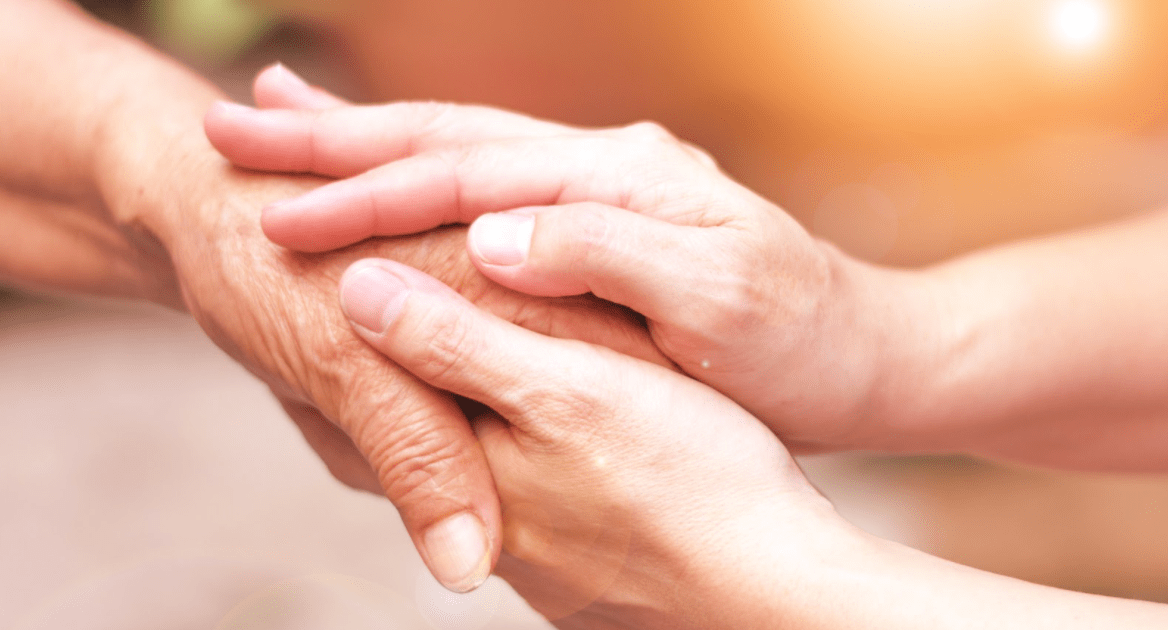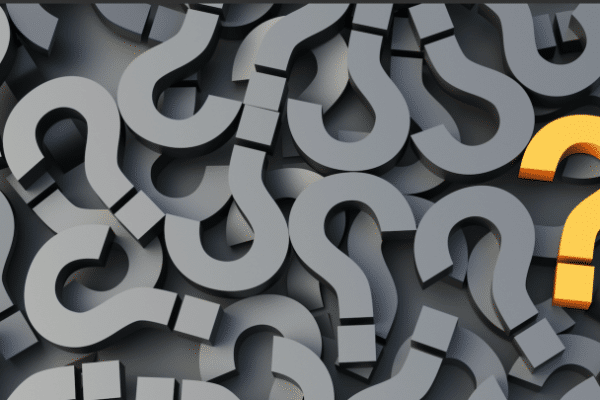How to Tell if Someone is Using Drugs: Signs You Need to Know

Addiction is a sensitive subject that not a lot of people talk about. For that reason, people don’t often make it known that they are struggling with addiction. However, certain signs indicate a person may need support. The knowledge of these signs and symptoms could potentially save the life of a loved one.
Here are some physical, behavioral, and psychological signs of drug use. Keep in mind that not everyone reacts in the same way and this list is not all-inclusive. Some individuals may demonstrate signs as described below while others may show none.
Physical Signs of a Person Who Is Using Drugs
Physical changes are arguably the most obvious or noticeable signs of drug use. Physical changes can include changes in the eyes, skin, weight, and any other visible physical aspect of a person. Although these are the most evident signs, they are not the only ones and must be considered with the behavioral and psychological signs.
Eyes
When a person has a drug addiction, their eyes go through many physical changes. Depending on the drug they use, the whites of their eyes may be bloodshot and the eyes may be watery.
Their pupils might be affected as well, either being extremely dilated or so small they look like pinpoints. Pupils that are dilated may indicate that the person has used depressants that have made the muscles in their eyes relax. Other substances may make the pupils become pinned as well, which is a symptom of opioid intoxication and potential overdose.
It’s important to note that you cannot indicate the level of intoxication solely based on the condition of the eyes. Some substances may cause dilated pupils at recreational doses, while others (like benzodiazepines) only dilate the eyes when the person has overdosed.
Skin
A loved one that has an addiction may have itchy skin, injection marks, a puffy face, and unusual skin color. For this reason, people with an addiction may constantly wear long sleeves or clothing inappropriate for the weather to hide any physical signs of substance use.
However, if someone is heavily using they may not be as committed to hiding their substance use from others.
Weight Loss
A loved one who has an addiction may be severely underweight, but they can also experience rapid weight gain or loss. Nausea and vomiting are a symptom of some drugs, so this might be a cause of weight loss. Looking at photos over several months it may be easier to spot rapid changes in their physical appearance.
Other Physical Signs
Other physical signs include unusual smells on the body or mouth, cold and sweaty palms, and general deterioration of physical health. They may also have a lack of personal hygiene.
Behavioral Signs of a Person Who Is On Drugs
In addition to the physical signs, there are several behavioral signs of drug addiction. Generally, someone who has a drug addiction will not be “themselves.” Think of all the times someone said they were an “angry drunk” as an example. This is because alcohol changes the way they process information and react to it.
Drugs of all shapes and sizes will alter the way people behave, so be sure to watch out for someone acting out of the ordinary.
Rapid Mood Swings
Many drugs cause behavioral changes in a person with an addiction. However, when determining if the mood swings are rapid or out of the ordinary for the person, you must consider what is normal for them.
Someone who is typically very calm and collected may be hyper and out of control while using drugs. If that person is typically very upbeat and pleasant and they are suddenly miserable and depressed, it may be one of the signs of drug use or drug addiction.
Private, Reclusive Behavior
Another behavioral sign in someone with an addiction is private and reclusive behavior. Substance use and drug abuse can be an isolating activity, so the person who is using may seem very secretive. They might have the appearance of hiding something, spend a lot of time locked in their room or alone, or refuse to answer questions. If they are typically an open book but suddenly become private or secretive, they may be using drugs.
Strange Changes in Routines
If this person has a set routine in their work, school, or home life that they suddenly abandon, it may have developed from drug abuse or drug addiction. Things that are “normal” in their daily routine, like showering or walking the dog, may quickly take a backseat to the need to acquire drugs.
Other Behavioral Signs
Other behavioral signs that may indicate a drug addiction. For instance:
- A person struggling with addiction may have slurred speech because their cognitive functions are impaired
- They may be overly sensitive about the subject of drug use
- They may be defensive of their behaviors, which is a cover for their drug use
- They may be argumentative, finding a way to turn a conversation about their problems into something else
Psychological Signs of a Person Who Is On Drugs
Psychological signs of drug use depend on the type of drug they use.
For instance, hallucinogens will intensify feelings and sensory experiences and change the perception of time. Stimulants will provide a short or long-term energy boost, as well as improved attention. Depressants will reduce energy and make the user tired. Here are the most general short and long-term effects that using drugs can have on the human mind.
Paranoia
People who use certain drugs and become addicted may become overly paranoid or anxious. Paranoia is a real mental health issue outside of substance abuse and drug abuse, but it is exacerbated by drugs. This person may believe that special hidden messages are being transmitted just to them. They may also have an inflated sense of self and that they have a special role or significance that is unrecognized.
Other indicators of paranoia include overthinking interactions, questioning other peoples’ motives or actions, or having extreme trust issues. Paranoia is a symptom of using drugs including marijuana, cocaine, LSD, meth, and alcohol.
Depression
People with depression experience feelings of hopelessness, sleeping too much or too little, lack of motivation, feelings of guilt, and in acute cases, suicidal thoughts and tendencies. Drug use can make depression worse in those who already have it, or cause it in people who didn’t have it previously.
Some people may experience depression in different ways. These people exhibit hostility, irritability, and anger instead of just a lack of motivation. Regardless of how depression is expressed, it is a serious issue that needs to be addressed.
Anxiety
Everyone gets anxious, but those with an addiction or drug use problem will experience near-constant anxiety about a plethora of things.
These can include anxiety about their habit being discovered, in addition to anxiety about needing to get their next fix. Substance use can bring out anxiety symptoms in those who are affected.
Hallucinations
One of the more severe psychological signs of drug use is hallucinations. Those without addictions can experience hallucinations as well, which is exhibited in Schizophrenia, another severe mental health issue. These often occur when the person has taken a hallucinogen such as LSD, psilocybin (mushrooms), or DMT.
A person experiencing hallucinations will see things that are not there, hear voices or sounds, and experience body sensations such as things crawling on their skin.
Conclusion
Drug abuse and addiction are scary to talk about and think about, but it’s not impossible to mitigate with addiction treatment. Know the signs of drug use and know that recovery is possible with treatment programs.
If you have a friend or loved one that you suspect has a drug abuse problem or has a drug addiction, contact the Master Center for help with addiction treatment.
References
https://drugabuse.com/symptoms-signs-drug-abuse-effects/
https://www.drugabuse.gov/drug-topics/health-consequences-drug-misuse/mental-health-effects


